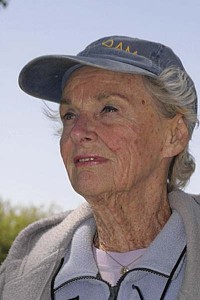 Zephyr: It’s been about a year since you took a dive down some basement steps and almost got yourself killed. How are you doing now?
Zephyr: It’s been about a year since you took a dive down some basement steps and almost got yourself killed. How are you doing now?
Katie: Emotionally, I have certainly felt much better. You picked a bad time to ask, after the death of my dear friend, Kenton Grua, and a week later, Frank Wright (one of “We Three” of Glen Canyon); my river guide-fellow explorer-confessor- supporter-comrade-sympathizer and devoted, understanding friend.
Physically, considering what happened, I’m in better shape than anyone should be–both wrists broken, left upper jaw dislocated, left middle finger broken in two places and bent backward, leaving it kinda crooked; giving a bit of comic relief when I raise it to express my displeasure. Not exactly a ‘hi five’, more like a ‘hi one’.
I have some trouble on the guitar now with that particular finger–it doesn’t bend down too good on my minor bar chords and I often get cramps in my hands and fingers. But…so what? I was never that great on the guitar anyway. It’s the words that count.
Z: When did you start playing the guitar and singing? Did you know early on that you were born to perform?
K: I didn’t pick up the guitar to play it myself until WW2. Many of my buddies, cowboy friends, local Tucsonians, played guitar. I sang with them. It never entered my mind that I would be a troubadour. I was going to be an actress. And I was.
At the age of 16 I knew I was born to perform. I walked onto a high school stage in the leading role of a play, knowing, all my lines and everyone else’s, felt those lights hit me (and I was scared shitless, standing in the wings) but it was just like walking into my living room. I was at home. I will never forget that feeling, that illumination. From then on, I knew what I was going to do–somehow, I would find a way. This was during the Depression, we had very little money, but my mom and dad were supportive and somehow they managed to come up with enough loot for me to take dramatic lessons once a week.
Z: I want to hear about your Hollywood days. Tell me the juicy stuff.
K: Oh boy, you’re asking for it, Stiles! There was nothing juicy about Hollywood. It’s the smallest town in the world. Everyone knows what everyone else is doing before they do it. I appeared in many movies in bit parts, never anything big, but it kept the wolf from the door. I had a policy, not to fraternize with my fellow actors, so I didn’t do a whole lot of fornicating during those years. Un–well, with one actor, not a movie one, a stage person. I sorta stuck (you can use that anyway you choose) with him most of the time–we’ll call him “one of my leading men”. There. Is that juicy enough?
Hollywood is where I became a professional folksinger–known more for that than my acting. The timing was perfect. Folksinging hit the market and I already had the goods, though by that time I wasn’t singing cowboy songs, but American- Scots-Irish- English-Australian drover ballads. I got myself on three popular NBC shows; The Great Gildersleeve, Halls of Ivy (with Ronald & Benita Coleman), The Railroad Hour (Gordon MacRae) with running parts–which means that you have a character and you come back every few shows, when they write you in. On Gildy’s first show, I got over 500 cards and letters from all over the USA, which he had never gotten, and Gildy felt threatened to the point where he asked the writers not to be so generous with my “character.” I’ve an essay about all this Jim, coming out in my next book, so I don’t want too say much more about it.
Z: What was Burl Ives really like?
K: Hmmmm. I wonder if anyone knows what Burl was really like. I met him a couple years before he became “Big Daddy” to everyone from the character he played in Tennessee William’s play, and film, Cat on a Hot Tin Roof. I think he was a man pulled into a spotlight that was out of character for him. I make that analogy because I knew (especially after the river encounter) that I couldn’t handle fame. I don’t believe Burl was the type who could either, with any sincerity or humility, but he wanted it (he’d worked damned hard for it) even if it wasn’t in him to deal with it. I may be totally wrong about that, but I remember a man who, after a blunderbust of ego, would feel like getting on his boat and fighting the wild North Sea, to wash himself clean of all that bullshit.
He was a generous man with his time and his good advice. He helped countless would-be and truly good artists reach their goals. Why I was one of them, I never really knew, just put it down to the fact that he wanted my bod–which he never got. Or maybe he thought I was one of the talented ones. Whatever, he certainly helped me accomplish my goal.
Z: Had you already started to mix your music with your passion for the canyons when you first went down Glen Canyon?
K: I guess I had–my feelings, passion, for the canyons came out in my music. I didn’t really write a lot of songs before then. Folksongs are folksongs, and I sang them; doctored some, added some verses to a few, made arrangements of traditional ones–but write new songs? Huh-uh. Even my first river song (about the Grand Canyon) was based on a popular song of the day–Terry Gilkyson’s Cry of the Wild Goose . I called it the Boatman’s Song, written about Jim Rigg. I used the same tune (with permission from Terry) and in the chorus, similar lyrics. But after that, the songs were my lyrics and tunes, dictated by that River. Like when I first went down Glen and the San Juan the following year, I had written most of Muddy River before I even got there, just listening to Frank and Jim tell stories and show me the movies and slides of their trips. Of course by then, I was totally hooked, and when we found out the politicos were going to take it all away from us, that’s when the protest songs began, to help save that incredible canyon. Up to then, I hadn’t truly realized the power of music, the potency of song.
Z: Tell me again about that first trip and your compadres. The We Three.
K: Tell you what about it? I’d run the Glen and San Juan 5 or 6 times by then. Out first We Three trip was the fall of 1955. Frank and I planned it at Stone Creek one night on my second Grand Canyon run. It was to be his first ‘vacation’ trip–and it damn well was. Up to that time (almost ten years) he’d been flunky, guide, boatman, leader, cook, dishwasher, councilor, arbitrator, builder or boats, painter, accountant, shopper, shuttler, trainer, pilot and weather man for anywhere from 5 to 25 passengers per trip, ten or more trips a year. “E–nuff!” I said. “Tad and I will take over the oars, the food, the cooking and camp making. You bring your camera. We will explore new canyons, do whatever, whenever we damn well please, and nobody, but nobody gives us a schedule.” Tad was gung-ho to go with his own camera; with no restrictions or interference from yakky passengers. Frank came off of that trip a new man with a wholly different feeling about the river. Up to then it had just been a ‘job’. Now it was entwined with feelings he didn’t know he possessed, and a love for the place he hadn’t realized in his frenzy over being responsible for everyone safety and caring for everyone’s needs, as he’d always done-and continued to do on the Mex. Hat Expedition trips.
Z: When did you decide that you’d had enough Hollywood Bullshit?
K: In the fall of 1954, when I left to hit the road and go to Shit-cago. Burl Ives got me signed up with his booking agent, and that began a solo, singing-with-guitar career in Coffee Houses, Bistros, Hotels, Lounges and assorted Stages all over the USA and part of Mexico. Did it for ten years.
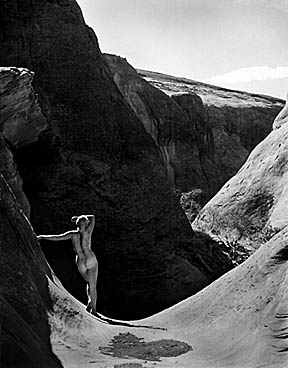 Z: What’s the deal with you liking to be photographed naked? And when are they going to put some of those pictures on billboards? Have you ever thought about selling the Katie Nudes as screen savers?
Z: What’s the deal with you liking to be photographed naked? And when are they going to put some of those pictures on billboards? Have you ever thought about selling the Katie Nudes as screen savers?
K: Oh boy, I can’t wait to answer this one!-I DON’T like to be photographed naked. I have not been photographed naked but a couple of times in my twenties–even those were done in good taste, favoring my best ass-set, my rear. I certainly never made a practice of it–was simply photographed by a current paramour who wanted to recall my naked charms–as I suppose many women have been by their husbands or boyfriends–not for billboards, pegboards, cribbage boards, dartboards or surfboards. The way you phrased the question gives me a pain in my once-upon-a-then-beautiful ass–linking it to tawdry commerce instead of art, nature, and a wilderness that inspired the photographs, and where I was the only woman for miles around who could climb the rocks without killing herself. When I’m in the wilderness, I like to be with nature “naturally“, as do most people I know who have had any intimacy with wilderness in faraway places, away from strangers where there are no cameras, and no voyeurs hiding in the bushes. We wear our skins because it’s the natural thing to do, not because we’re trying to show off our bodies. Maybe you should try it-loosen you up a little bit. The Glen Canyon shots–the ones you refer to–were all taken by two professional photographers, Marty Koehler and Tad Nichols, on the 1957 trip; taken in two different canyons on two different days, and never were there anymore, anywhere on the river, or in the surrounding canyons thereof. Glen Canyon Institute asked if they could use The Pagan (the one in the book) as fund-raising poster. And though I didn’t think I’d be peddling my ass at 82 years old, I said, why not? It’s for my river. Up yours, Stiles!
Z: OK…Katie. You’re Beyond 80 now. What are the things about Life in the 21st century that worry you the most. And what aspects do you find most encouraging?
K: What worries me more than anything right now are the Winds of Fascism in our current government-our privacy, our civil liberties being stealthily swallowed up by Phantom Terrorism–people at the helm who scare the shit out of me. We always say, “it can’t happen here,” but of course it can. I was born in an era when we still had real, dedicated, mostly honest STATESMEN. They are all gone. There hasn’t been a statesman, a LEADER, since Roosevelt. I’m A-political, but I know we are in deep dodo as a country, as a continent, as a planet. I know there are way too many of us trying to feed off of this blue ball, and nobody’s doing anything about it. I’m sure that Mother Earth will take care of herself before she takes care of us-I’m out of here pretty soon, so when the last morsel blows up the fat belly, I won’t be around to worry about it, but the rest of you had better start paying attention to what’s happening. Not just pay attention. DO something about it.
The thing I find most encouraging are the grassroots groups who are acting locally. It’s about the only way anything gets put to rights anymore.
It is a long, arduous struggle, but those groups are the only ones making a difference, even if it’s merely calling attention to something most of the rest of the world hasn’t a clue about-and most often doesn’t care unless it affects them someway, or can be shown that it WILL affect them in the future.
Z: How do you feel about entrusting the future to the “Youth of America?” Do you have any advice for them?
K: Who else are we going to entrust it to? When I do my readings and songs at grade schools, where the students are between ages 13 to 15, I am overwhelmed by their interest, participation and awe. I receive letters, notes, drawings and questions from them a week or so after I’ve gone. Now, I realize this is part of their curriculum; they are required by their teachers to do that, But their questions and statements are far more thoughtful and intelligent than those of our elected politicians. What does that tell you about the State of the Union? In Colleges and Universities I get a lesser percentage, but a more dedicated attitude. How long that lasts, I never know. I can only hope that the sincerity, the will and passion that I hear to DO something about it, will continue on, and at some point form a nuclei. As to the younger ones, a lot depends on the home they come from, how their feelings about what I say will be either encouraged or crushed by their parents. I can only say, I’m more encouraged by the youth I encounter than I am by the old (and many young) farts that are supposed to act as our voice and in behalf of our dying planet, but don’t give a big rat’s ass about anything but their purse!
Z: A lot of people, including me, regard you as a hero. Who are your heroes?
K: Hero. That’s a potent word. You have to be careful of it. Most of the truly valuable people that I highly respect don’t want to be that word. Heroes tend to be worshiped for themselves instead of what they stand for. I don’t know why that is, but too often it comes out that way. You and I understand that Ed wouldn’t want to be called a “hero.” I don’t either. I’ve noticed that people, who have any influence on generations to come, leave it in the printed word. That word gets sent down through the ages and used again and again in various cultures and countries to validate one point or another. I discovered in mid-career that people listen to music when they’re sick and tired of listening to words-that sometime with a tune you can make words sound like “music to their ears” and they’ll get the message whether they want to or not. But that lasts only for a few generations, not centuries. As for me, I haven’t the talent, or knowledge, or background to produce lasting wisdom in words; mine will waft away on thin air after a couple generations. So, I ain’t no “hero”. The hero is the Colorado River. It (he) will win out through the ages; be there when the human race is long gone.
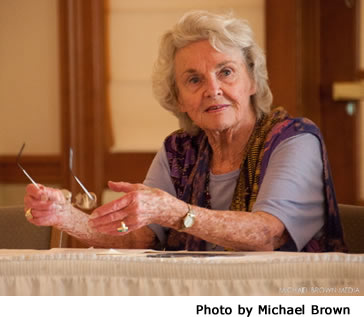 My luminaries are folks like David Brower, Martin Litton, Ed Abbey, Josh White, Frank Wright, Ellen Meloy, Mark Reisner, Rich Ingebretsen, Dave Wegner—many, many more I haven’t space to mentioned–and strange as it may seem, a brave little guy who had the gonads to start an alternative newspaper in what was then, and probably still is, Redneckcountry, USA, just outside the Gestapo county of Utah.
My luminaries are folks like David Brower, Martin Litton, Ed Abbey, Josh White, Frank Wright, Ellen Meloy, Mark Reisner, Rich Ingebretsen, Dave Wegner—many, many more I haven’t space to mentioned–and strange as it may seem, a brave little guy who had the gonads to start an alternative newspaper in what was then, and probably still is, Redneckcountry, USA, just outside the Gestapo county of Utah.
Z: What do you think the world will be like in 25 years?
K: The shit will be deeper. Solutions less possible and with any luck–Revolution! Here, where it belongs, not in some goddamn foreign shore where we have no business to be–but only if there are any balls left in this country by then. And before some ignorant smartass calls me unpatriotic, remember this: A patriot doesn’t stand behind the flag; he stands before it making the changes necessary to honor it.
Z: Glen Canyon Dam…will it be here in 40 years? Give me odds.
K: Sure-probably in 100 years. But the water going around it will be a river once again-having chewed the sandstone away and made its channel to the Sea of Cortez. And the canyon will eventually heal and return to the Eden it was, given another 50 years of free flow. It will then either be protected as a Sanctuary, or trashed like the Grand Canyon, depending on whether you have a dictator by then or government, once again, by the people.
Z: Is there anyone right now, in particular, anywhere, that you’d like to call a f—— asshole?
Katie: More than one: The noxious weed and all the poisonous roots under the hothouse dome.
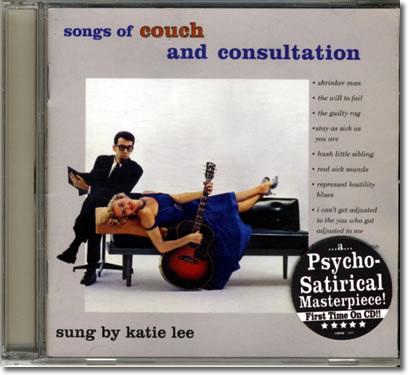
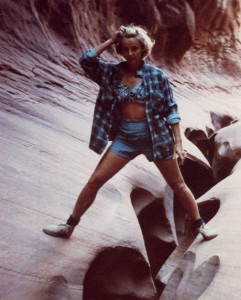
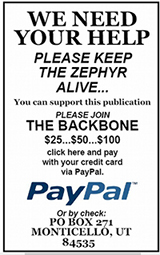

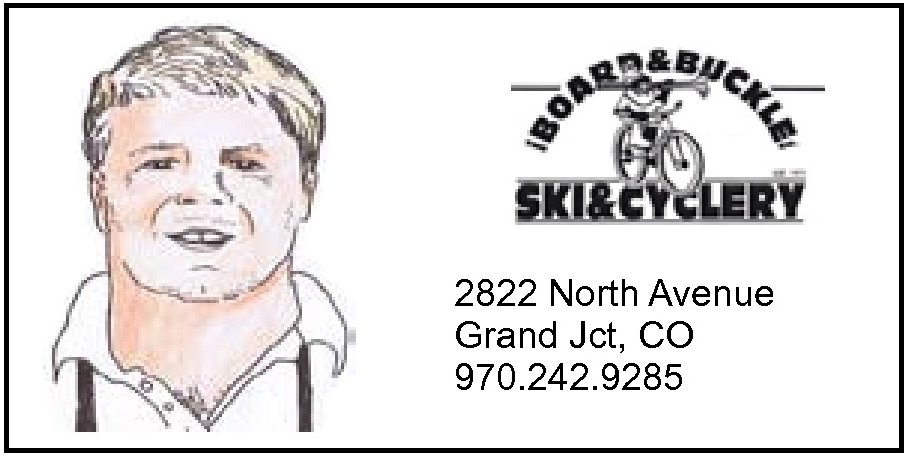
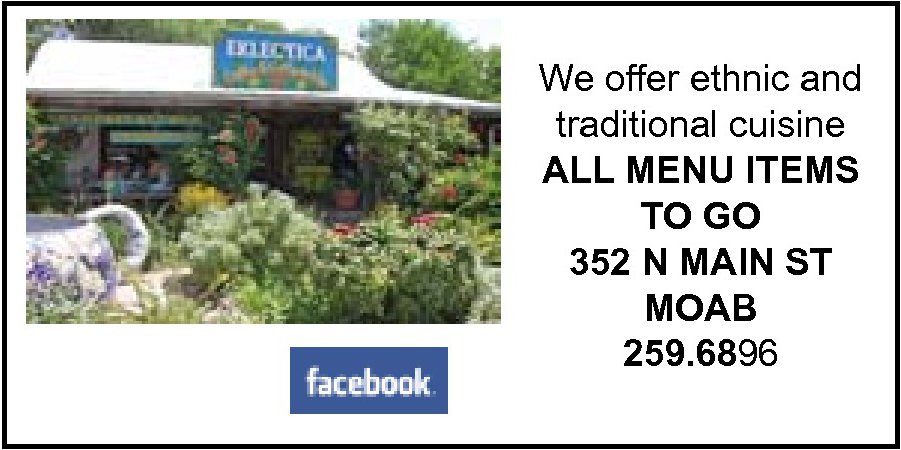
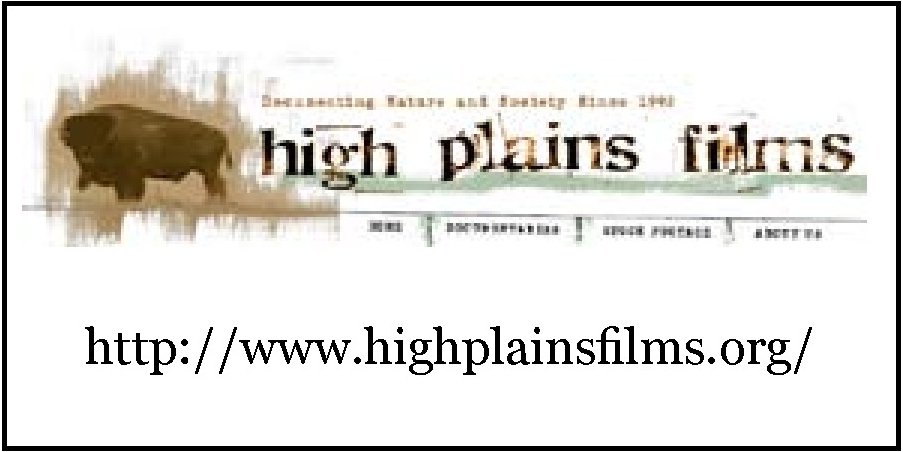
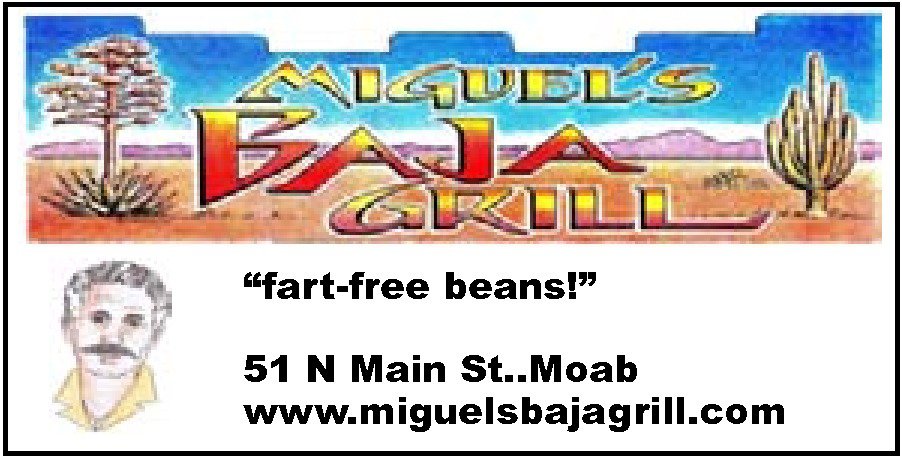
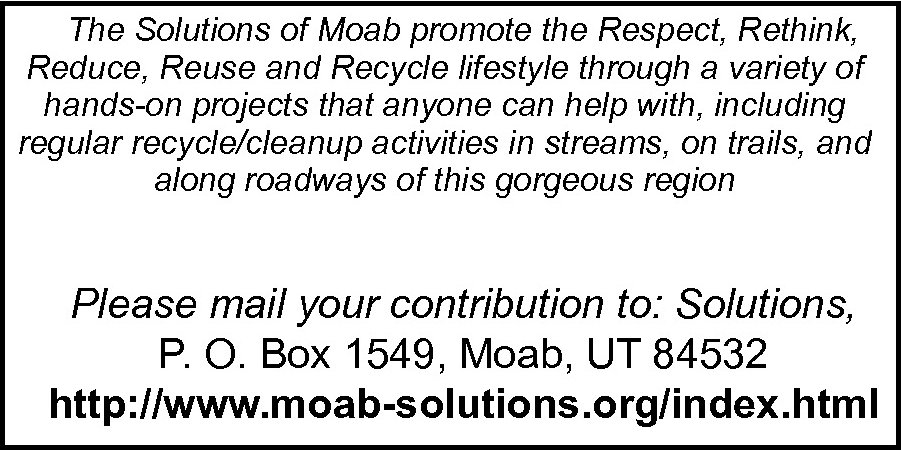
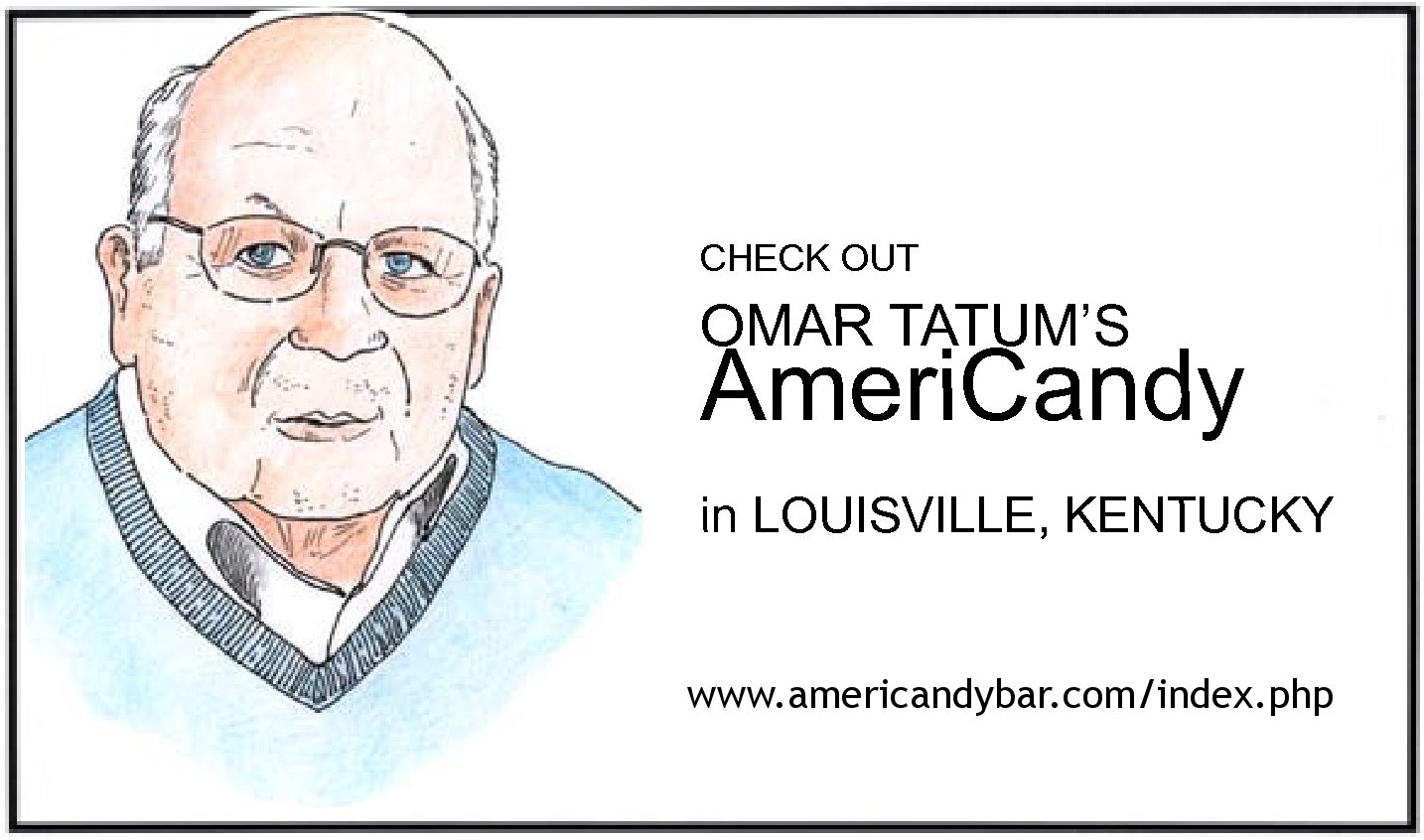

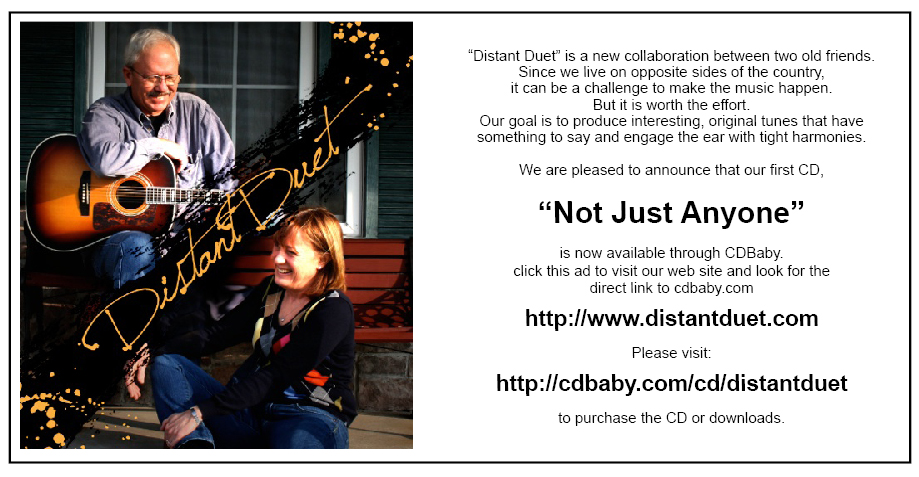
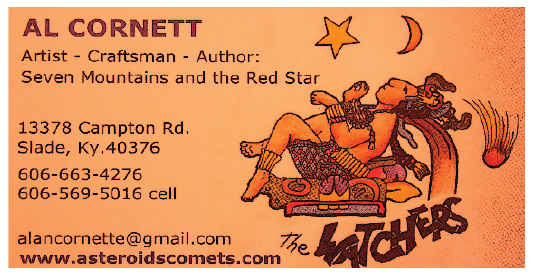
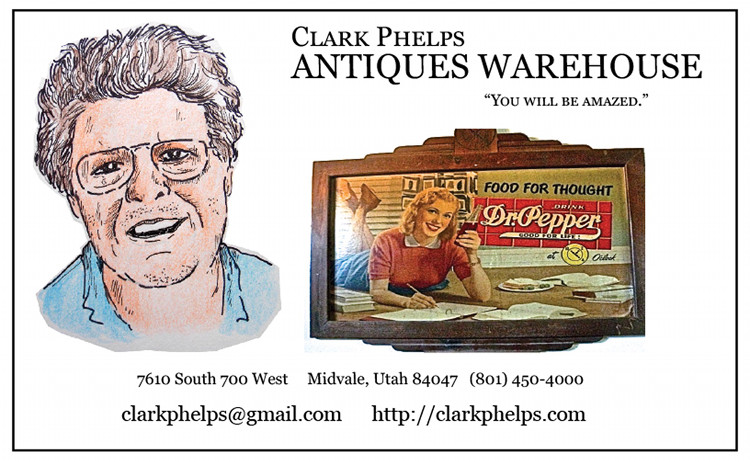
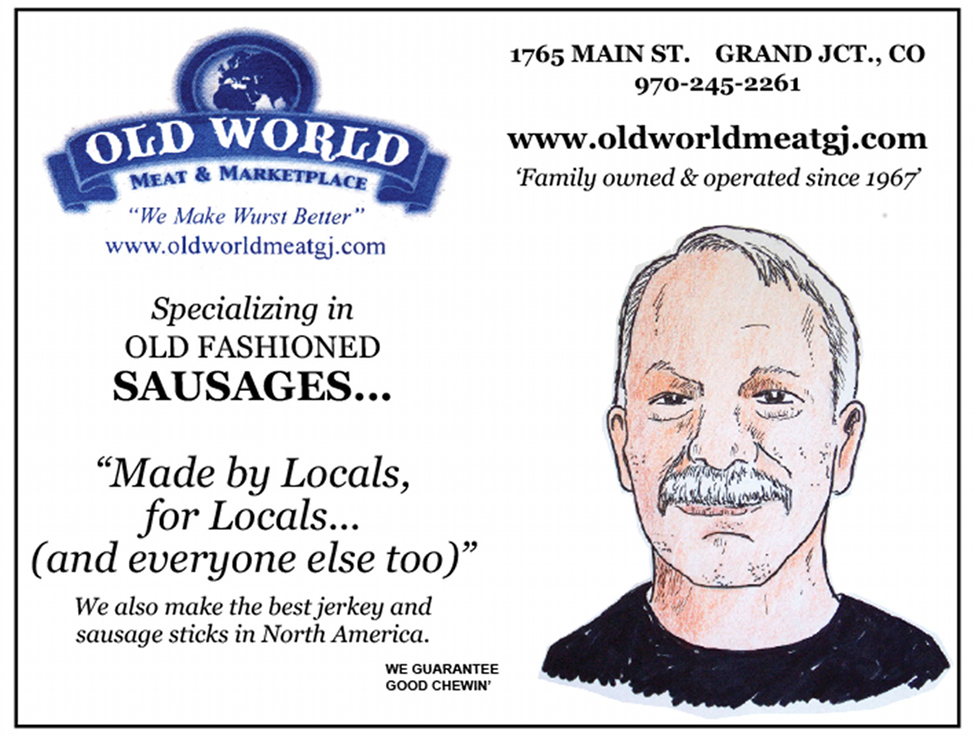
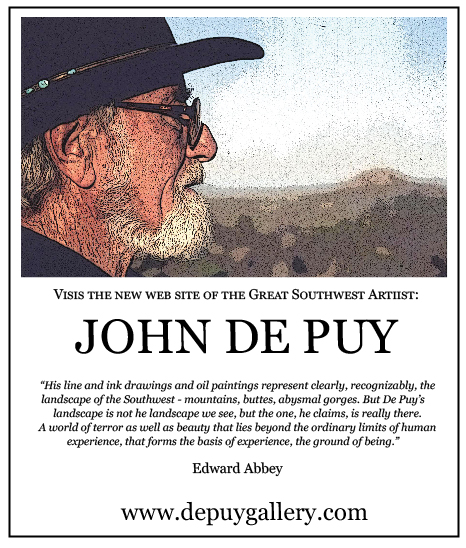
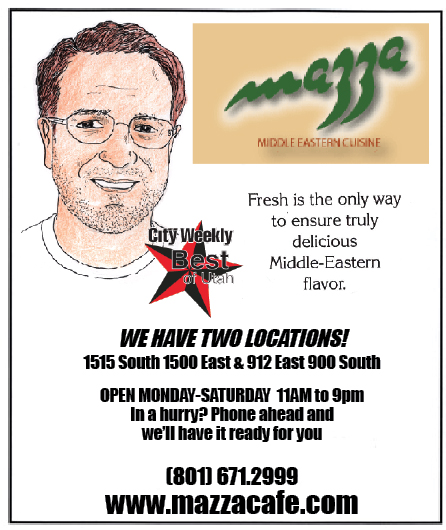
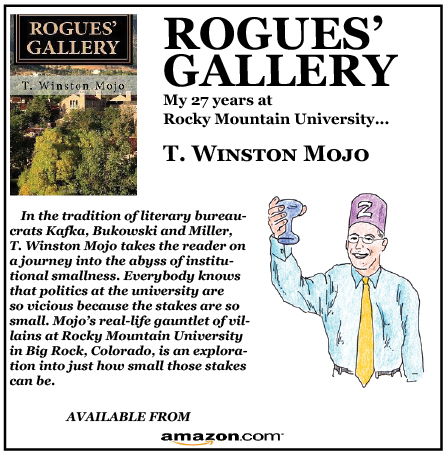
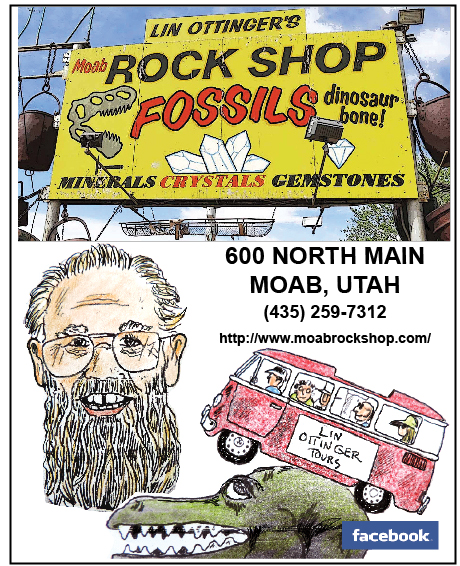
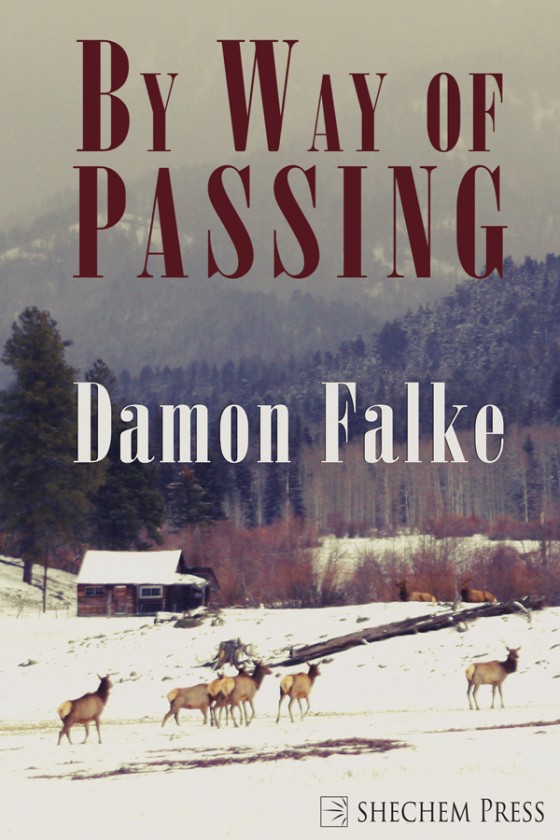
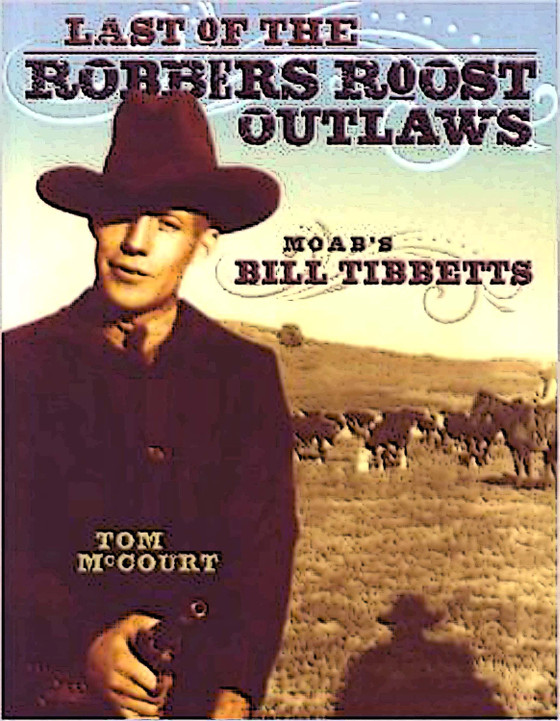
One Response
Stay in touch with the conversation, subscribe to the RSS feed for comments on this post.
Continuing the Discussion